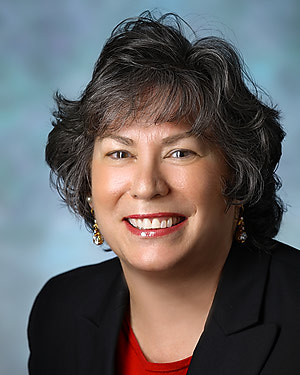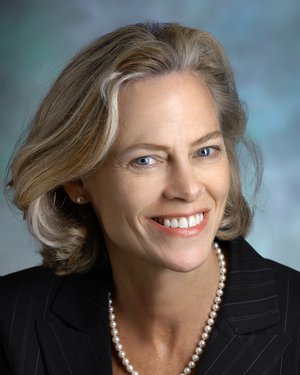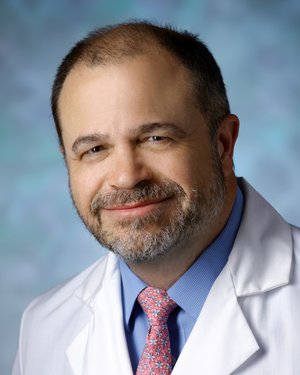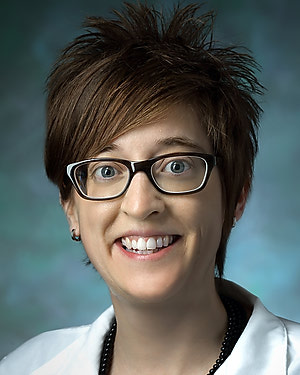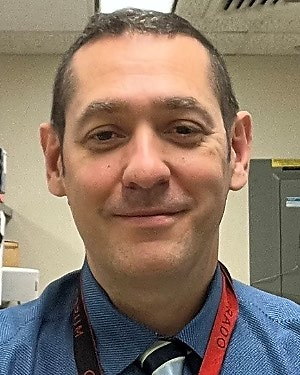- Muscular Dystrophies:
- Duchenne Muscular Dystrophy
- Facioscapulohumeral Muscular Dystrophy
- Limb Girdle Muscular Dystrophy
- Myotonic Muscular Dystrophy
- Myasthenia Gravis
The Muscular Dystrophy Center at Johns Hopkins is affiliated with the Muscular Dystrophy Association and offers diagnosis, symptom management, education and hope for a brighter future to patients and families living with neuromuscular diseases. Johns Hopkins has pioneered many of the therapies used in the treatment of these diseases today and continues to lead the scientific community toward finding the cause of and cure for neuromuscular diseases. In the meantime, our goal is to help patients maximize independence and minimize complications of these conditions.
Request an Appointment
-
Schedule online through MyChart
Available for follow-up appointments with most clinicians
Log into MyChart | Sign up for MyChart -
Schedule by phone
Adult Neurology: 410-955-9441
Pediatric Neurology: 410-955-4259
International Patients: +1-410-502-7683
Conditions We Treat
In addition to muscular dystrophies, our team treats other types of muscle disorders, including inherited nerve disorders, motor neuron disease and disorders of the neuromuscular junction.
- Myositis
- Inherited Peripheral Neuropathies
- Charcot-Marie-Tooth Disease
- Dejerine-Sottas Disease
- Friedreich’s Ataxia
Our Multi-Specialty Approach
Our focus is on your health and quality of life. People diagnosed with neuromuscular conditions benefit from a lifelong partnership with the care team. We look forward to forming that unique partnership with you. We offer a variety of services, many provided conveniently during same-day appointments, to help with all aspects of the disease. Our same-day multi-specialty evaluation approach is not only convenient, but also facilitates better care, as all the participating specialists are in the same clinic and can confer with each other about the best care plan.
-
Our neurologists oversee patient needs, provide medical treatment and direct care to other specialists. Depending on your diagnosis, a neurologist may provide treatment with a variety of medications, including pain medications, corticosteroids and immunomodulation agents. A neurologist will manage these treatments and help adjust the dose and minimize side effects.
-
Physical and occupational therapy are important components of a treatment plan for patients with muscular dystrophy and other neuromuscular disorders. Physical and occupational therapists design exercise programs that include stretching and strengthening exercises to help evaluate and address:
- Contractures (decreased flexibility in the joints)
- Weakness
- Need for assistive devices
- Need for splints and orthotics to help with hand or foot function
Rehabilitation therapists are available during the clinic visits to show patients exercises that can be done at home.
-
Our Muscular Dystrophy Association (MDA) liaison is actively involved with families and schools to offer support related to social, financial and educational effects of neuromuscular disease. An MDA liaison is available during each clinic visit to discuss MDA services available to you.
The MDA was founded in 1950 to provide medical services and promote research for patients with neuromuscular disease. In the late 1960s, The Johns Hopkins Hospital became the site of one of the original clinics associated with the MDA and remains one of the largest hospital-affiliated MDA clinics.
Although muscular dystrophy has always been a focus of the MDA, the association supports people with other neuromuscular diseases. At every visit to the Muscular Dystrophy Center at Johns Hopkins, patients have the opportunity to meet with MDA representatives to learn what services are available to them.
For registered individuals, the MDA offers support groups, summer camp, youth programs, transportation assistance and many other services.
The support of the MDA has helped make the Muscular Dystrophy Center at Johns Hopkins a place where patients find care for all aspects of their condition. This unique, comprehensive care is rewarding for health care providers, patients and family members.
-
Our genetic counselors play important role in the care of patients with inherited neuromuscular disorders. Our counselors can help by:
- Carefully reviewing the history of disease with each family
- Discussing the mechanisms of inheritance to weigh in the value of genetic testing for various family members
- Helping gene carriers understand the health impact of their condition
-
If a neurologist can’t make a diagnosis based on the symptoms or a presence of a genetic mutation, further testing may be necessary, which may include:
- Muscle biopsy can help determine if weakness is caused by muscular dystrophy, an inherited disorder, or by other causes of muscle degeneration such as from inflammation or toxic exposure.
- Electrodiagnostic testing (EMG)
- Blood tests
- CT or MRI imaging can help detect a tumor of the thymus gland in patients with myasthenia gravis.
-
People with muscular dystrophy and other neuromuscular disorders often have problems with heart function such as cardiomyopathy and cardiac arrhythmias. Our cardiologists review EKG and echocardiograms to monitor the heart rhythm and heart function.
-
Muscular dystrophy and other neuromuscular disorders may affect many organ systems throughout the body. Our extended care team has expertise and experience in treating patients with these conditions.
- Hearing specialists help assess and treat hearing loss, which can affect patients with FSH dystrophy
- Ophthalmologists help with retinal vasculopathy and other vision problems
- Severe contractures and scoliosis are treated by orthopedic surgeons
- Pulmonologists to help with lung function and respiratory issues
